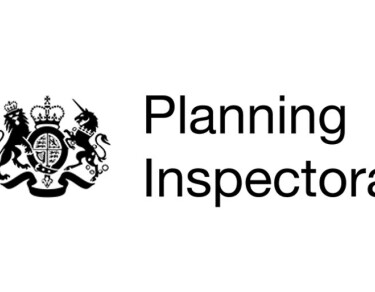PINS and needles

We have been busy recently with one of our Directors, Richard Fitter, appearing before Planning Inspectors twice in a fortnight. However, in both cases we have to question why these projects were being determined by PINS at all.
The first scheme was for over 1000 new homes on underutilised brownfield land in the Cricklewood Growth/Opportunity Area (LB Barnet). The local planning authority resolved to grant planning permission in 2021 and the London Mayor agreed with that decision in 2022, confirming that the application was acceptable in strategic terms. However, to everyone's surprise, the Secretary of State called in the application in August 2022, but with no explanation or reference to any matters of national significance . In November 2022, officers from LB Barnet sought direction from Members of the Planning Committee for the purposes of the Planning Inquiry process, explaining that there had been no material changes in circustances since the original resolution. Despite the officer recommendation, the Council's previous resolution, and the Mayor's position, Members then resolved to oppose the application. The Public Inquiry ran for two weeks and we await a decision.
The second scheme was for 180 new homes in Clacton, Essex (Tendring DC). A larger scheme on the same site had been the subject of a Public Inquiry 2020. That Inspector concluded that all matters relating to traffic and transport were acceptable, but the application was refused on the grounds of visual impact. A reduced scheme was therefore submitted in 2021, addressing the visual amenity issues. Entran prepared a new TA explaning that as the transport effects of 195 dwellings had been found to be acceptable, the effects of 180 dwellings would also be acceptable. Essex CC as highway authority concurred with this view and the application was recommended for approval. The application was deferred to ensure a highway officer could present at committee and yet, despite this recommendation, and the highway officer being questioned for an hour and a half, the planning committee refused the application, largely on highways grounds. On the morning of the resultant Appeal Hearing, the Council advised the Inspector that they would no longer be pursuing the highway reason for refusal.
Public Inquiries and Appeal Hearings are extremely costly exercises for all involved and result in lengthy delays in the planning process. There is a recognised houing crisis in this country and new homes are needed urgently. It is unacceptable for planning applications to be used as political soap boxes, rather than being dealt with properly on their merits, particularly at a time when so many people are in need of good quality homes.